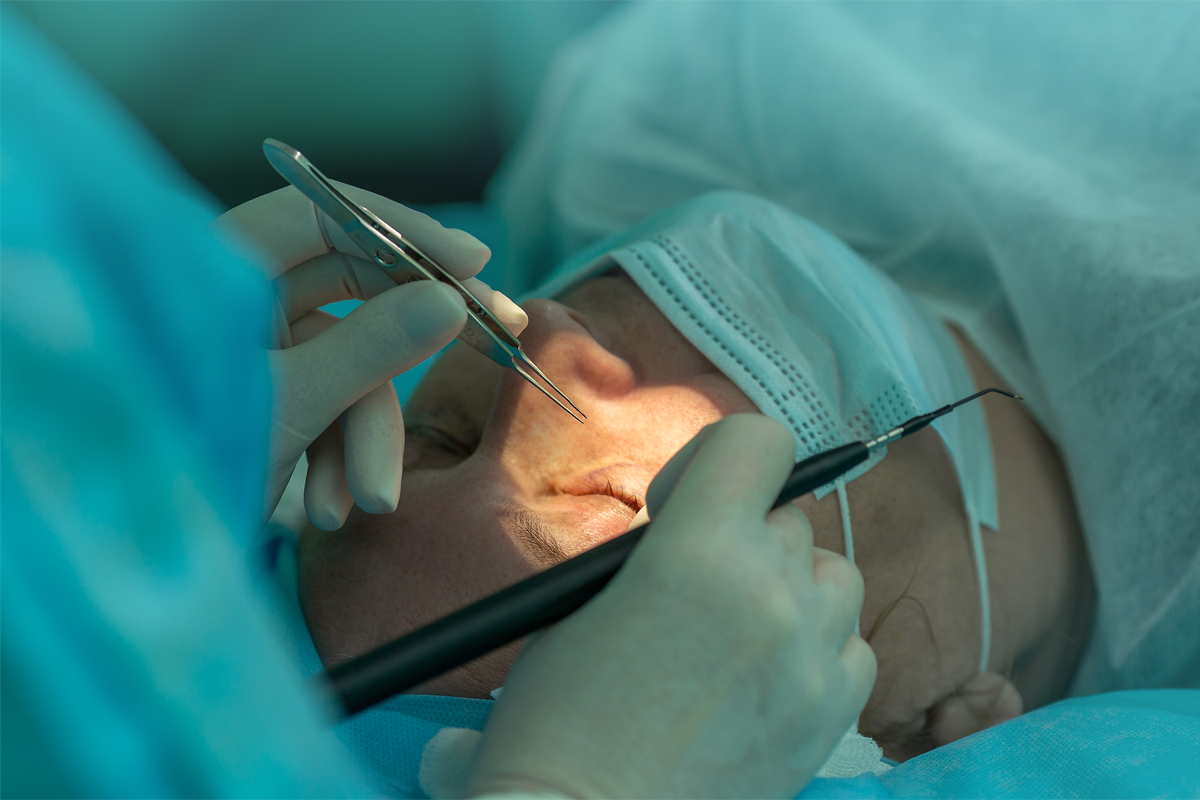Search This Blog
We are attempting to raise awareness about various medical value travel options in order for everyone to receive inexpensive medical care on time.
Featured
- Get link
- X
- Other Apps
A detailed explanation of liver transplantation, its purpose, its risks, and its treatment.
Over the last several decades, liver disease has risen to become the top cause of mortality worldwide. A liver transplant is a surgical process that involves replacing a damaged liver with a healthy one. A brain dead patient or a patient who is still alive donates their liver to the donor. According to recent data, almost 8000 people in the United States have had a liver transplant. The liver, which is placed beneath the rib cage, is one of the most vital organs. Its principal function is to degrade toxic substances like as alcohol and drugs and to digest proteins, lipids, and carbohydrates. The liver also makes the chemical components needed for blood clotting. It also gets rid of bile, a digestive fluid that accumulates when the liver isn't performing properly.
A liver transplant is a procedure in which a damaged section of the liver is removed and replaced with a healthy donor liver. The donor liver might be from either a deceased or living individual. The liver is one of the most essential organs because it filters blood and removes poisons from the body. When all other treatment options have been exhausted, liver transplant surgery is the last option for treating chronic liver problems.
What is the most common reason for liver transplants?
- Hepatitis B, C, and D are long-term viral diseases that inflame the liver and cause it to deteriorate.
- liver failure occurs immediately
- Auto-immune hepatitis weakens the immune system and destroys liver tissue.
- Alcoholism and liver disease
- Nonalcoholic steatohepatitis and nonalcoholic fatty liver disease, primary liver cirrhosis, liver or hepatic tumours, hereditary and metabolic illnesses.
- hepatic function impairment due to variceal haemorrhage and portal hypertension, including increased clotting time, decreased albumin, etc.
- gradual biliary sludge
- Malnutrition
- Recurrent cholangitis with severe hypersplenism and a malfunctioning liver causes encephalopathy.
Is a regular life conceivable after a liver transplant?
- internal bleeding
- failure of blood clotting after liver transplant
- liver donation declined due to infection confusion
- Seizures
- Diabetes\Headache
- elevated triglycerides
- Blood pressure increased by diarrhoea thins bones
- Bile fluid leakage - On occasion, bile fluids start to flow outside the liver. The majority of the time, this may go away on its own, but on occasion, doctors may choose to treat it by inserting a tube in the liver.
- Infection: The spread of infection is another frequent infection at the surgical site.
- Organ damage can occur infrequently when a living liver is donated.
What happens during a liver transplant?
- The transplantation of the liver from a dead donor.
- Using a living donor for a liver transplant
What to expect after a liver transplant?
- Once your status is stable, you will be transferred to the transplant recovery area to recuperate.
- After five to 10 days in the hospital, you'll be discharged, but you'll still need to see your doctor on a regular basis. Blood tests may be recommended by the doctor multiple times each week at first, and later less frequently.
- You will then need medication for the rest of your life. For instance, immunosuppressive drugs stop the immune system from attacking your liver. Other medicines are advised to prevent liver transplant issues.
What rules must be adhered to after the procedure?
- 1-2 times each week for the first three months after the transplant, visit the hospital.
- Take your medications as prescribed by the surgeon. You may need immunosuppressive medication to prevent any outward evidence of bodily rejection. Additionally, you might need to take certain antibiotics and antihypertensive drugs.
- Diets minimal in calories and salt are encouraged. At the same time, the diet has to be well-balanced.
How much does a liver transplant cost?
- the cost of doing liver transplants by surgeon
- How much medications cost
- Type of accommodations
- the city and the hospital
- The difficulty of the case.
- Get link
- X
- Other Apps
RECENT READS

Managing Diarrhea Post-Kidney Transplant: Effective Treatment
- Get link
- X
- Other Apps

Revolutionizing Eye Care: Shinon Global's Impact on Cornea Transplantation Worldwide
- Get link
- X
- Other Apps

Comments
Post a Comment